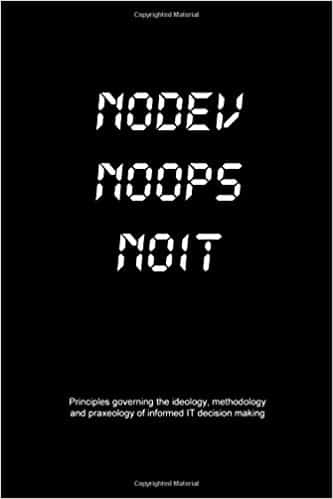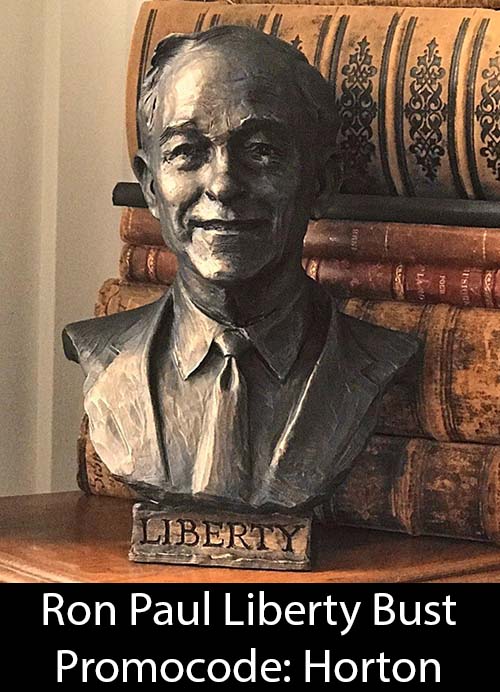Dear Mr. Will,
I believe it would be fair to consider most paleo-conservatives and Green Party pro-labor factions to be “isolationist,” in that they are opposed not only to foreign military intervention but open trade as well. They are happy to “look inward” at the United States alone and let the rest of the world get on as it may.
However, Dr. Paul always distinguishes the libertarian policy of non-interventionism from isolationism by emphasizing low tariffs for revenue, but never for punitive or protective reasons, and encouraging trade, travel and cultural exchange. He has also said he would be happy to play host to peace negotiations among other states as long as the U.S. would not be expected to promise any new American policy to either side.
He also seems to share, in some ways, the neoconservatives’ vision of America as a revolutionary influence (in a more American and less French way). He has stated many times that he believes by setting an example of what a real limited constitutional republic, with its unparalleled Bill of Rights and a sound market economy looks like, we could do a much better job of exporting our Enlightenment legacy around the world which sorely needs it.
In this article, Paul explains what he believes is the difference.
I understand that you may not agree with his definitions of these differing viewpoints, but it is relevant that they are his, that he discriminates between the two and chooses one – is it not?
A short side note in favor of his view:
1: We never hear complaints that China, Russia, Switzerland, Brazil or Mexico are “isolationist” states. They aren’t, are they? Even to the degree that they have statist trade policies, we don’t see them as isolationist, just normal countries with normal bad trade policies.
2: The oceans never protected us. When Washington, Jefferson, Madison, John Quincy Adams et. al. advised for friendship with all, alliance with none, our country was much less safe. The British were in Canada, the French in Louisiana, the Spanish in Mexico, and the U.S. had the weakest navy of all Atlantic powers.
3: The Blowback argument matters. If it is true that America was a sleeping giant on 9/11, targeted by religious fanatics’ due to their hatred of liberty, then we must keep fighting this purely defensive war of civilizations for the indefinite future. And if they were trying to scare us off, we had better steel ourselves and never back down.
If, on the other hand, we were attacked for political reasons, specifically the decade-long blockade of Iraq enforced from bases in Saudi Arabia, then more wars and occupations in the name of “draining the swamp” of dictatorships (unfriendly countries only, even though every single 9/11 hijacker was from a friendly one) could very well be a counter-productive way of securing the United States.
And if the enemy’s strategy is not to scare us off, but to trick us into over-reacting and spreading ourselves too thin until we are forced by bankruptcy to withdraw from the region completely (while radicalizing it in the process), then wouldn’t the prudent thing be to hold our horses and think very carefully about how we respond?
Thank you very much for your time.
Best,
Scott Horton














